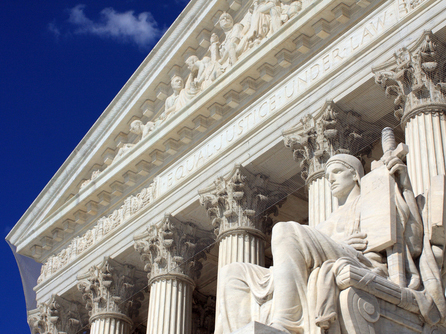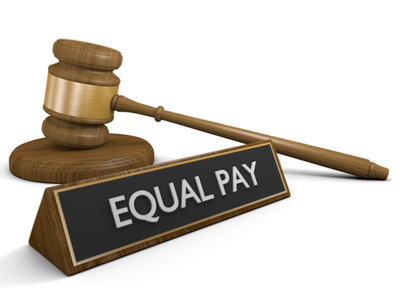As part of its effort to close gender-based pay gaps, California will now require companies to increase female representation on boards of directors.
Currently, one in four publicly held corporations in California have no women on their boards of directors. SB 826, which Governor Jerry Brown signed into law at the end of September, requires that all publicly held corporations based in California have at least one woman director by December 31, 2019. That is not the end of the requirements; by December 31, 2021, companies with five authorized directors must have a minimum of two female board members, and companies with at least six directors must have a minimum of three females on the board. The California Secretary of State will publish the names of compliant and non-compliant companies on an annual basis. In addition to the “name and shame” provisions, non-compliant companies face fines of $100,000 for the first violation and $300,000 for subsequent violations.
The sponsors of the bill, Sens. Hannah-Beth Jackson (D-Santa Barbara) and Toni Atkins (D-San Diego), stated when introducing the bill: “More women directors serving on boards of directors of publicly held corporations will boost the California economy, improve opportunities for women in the workplace, and protect California taxpayers, shareholders, and retirees. . . . Yet studies predict that it will take 40 or 50 years to achieve gender parity, if something is not done proactively.” The bill cites numerous independent studies stating that publicly held companies perform better in terms of profitability, productivity, and workforce engagement when women serve on their boards of directors. It follows the lead of Germany, France, Spain, Norway, and the Netherlands that have addressed the lack of gender diversity on corporate boards by instituting quotas requiring 30 to 40 percent of seats be held by female directors.
Gov. Brown noted in his signing letter that corporations have been considered “persons” for more than a century, so they should reflect the “persons” who make up America as a result. The California Chamber of Commerce and a coalition of other businesses opposed the bill and argued that the mandate is unconstitutional and a violation of California’s civil rights statutes. While Gov. Brown acknowledged that the law could face legal challenges, he noted that “recent events . . . make it crystal clear that many are not getting the message.” Therefore, he felt signing the bill into law was a necessary measure. No lawsuits have yet been filed.
In the meantime, California-based publicly held companies should act promptly to ensure that their boards of directors include the number of women directors needed to comply with the statute.











